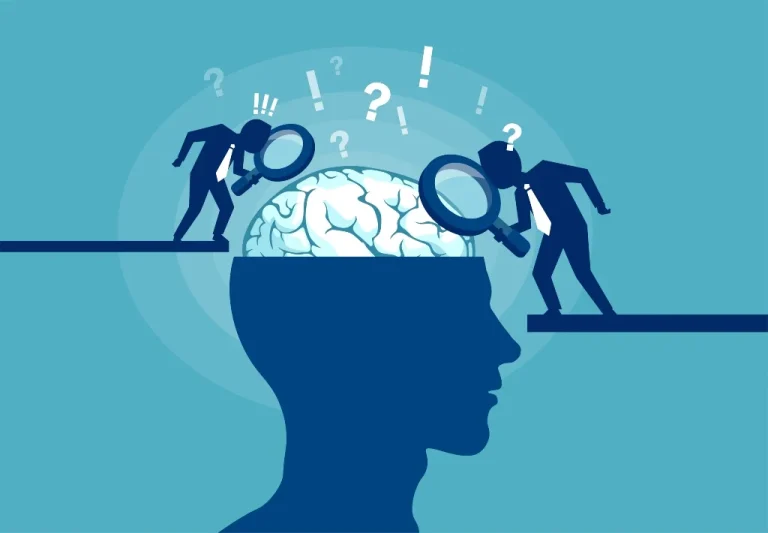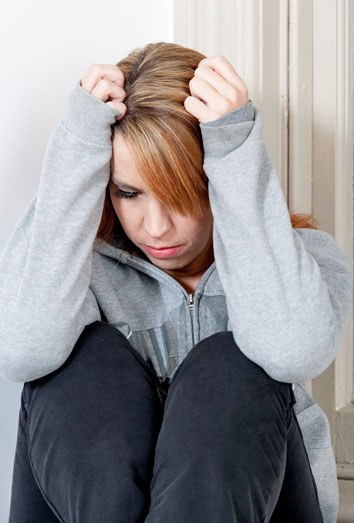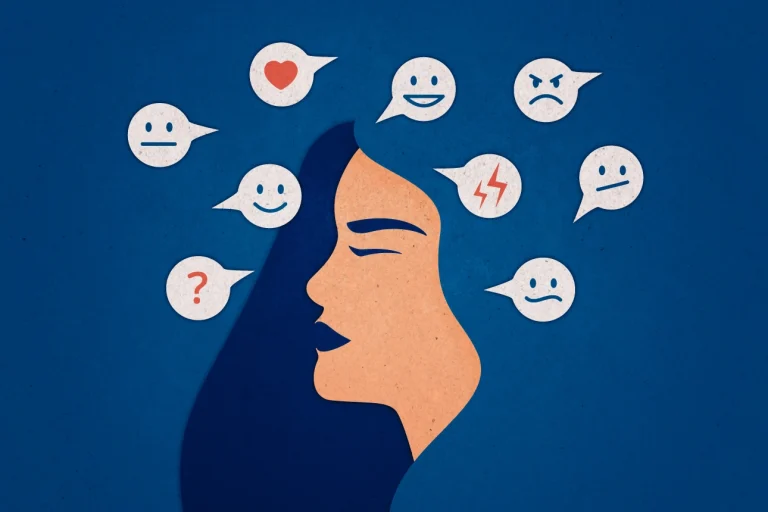And why do we have anxiety? The why of anxiety includes so many causes that it is impossible to address them from a single perspective, so we can forget about this very general question for the moment and try to understand other questions that we can cover. One of the worst symptoms of anxiety, one of the most distressing, is the feeling of losing control. Surely it has happened to you at some time and you have asked yourself: what happens to me?, who has taken the reins of my life?

The feeling of losing control
The feeling of losing control is one of the most common symptoms of anxiety. It has different degrees because sometimes it is a specific moment in which you are suffering from an anxiety attack or panic and you are convinced that your mind is not responding to you. As an extra, you also have the certainty that you are about to die.
Your mind does not respond to you, it is as if your thoughts have taken over and take you to the limit of sanity. You don’t recognize yourself, it doesn’t seem like a rational or logical thought to you, and the whole process is also surrounded by a very distressing feeling of unreality. This state can be prolonged over time, although with less intensity, when you suffer from an anxiety disorder.
Fears, excessive, uncertainty, the accumulation of unresolved problems… They are the most common markers of anxiety and there comes a time when you stop being the author of your thoughts. Anxiety has taken control and your mind works on a kind of autopilot in which everything is considered a potential danger.
You don’t recognize yourself, your reactions can be excessive or you can’t react at all, that is, you can block yourself. You can think things that have never crossed your mind, you can live in a continuous obsession with a specific issue, you can almost notice a black cloud that covers your mind or perhaps a kind of black hole in which thinking clearly becomes impossible.
All this involves the feeling of losing control. And we can add everyday scenes resulting from daily stress and emotional overflow. When you yell at your children with excessive anger, when you are about to send your boss away or when you think you are going to break up with your partner because you have had a minor argument.
Why are you afraid of losing control?
Excessive or unexpected reactions are the hallmark of that feeling of having lost control. You have lost control of your thoughts, your emotions, your reactions, and your life in general. And the more you think about it, and the more afraid you are of losing control, the more it pulls away. Is it necessary to regain control? To some extent yes, but with nuances.
Neither should be obsessed with controlling anxiety, controlling thoughts or controlling emotions. Words here matter a lot. And it is not a question of a mere linguistic clarification, but of clearly distinguishing the objective: it is not a question of controlling, but of managing.
You can have any irrational thoughts and you don’t have to be afraid of them. They arise by themselves, you are not creating them, you are not in control, and it is true. What you do have or what you do have to recover is the ability to manage them, to know what to do with them, whether to let them go quietly or pay so much attention to them that they remain permanently in your mind.
The same goes for emotions. Some emotions that you have bother you and you don’t want to have them. Since you can’t avoid them, you think you’ve lost control and you insist on controlling them even more. And the more you try to control them, the more those emotions run wild, have you noticed?
So the task is not to control them, but to accept them. Let them pass without impacting you so negatively. You can’t control what you feel; you can control what you do with what you feel. So give up that struggle to regain control and focus your energy on regaining control.






